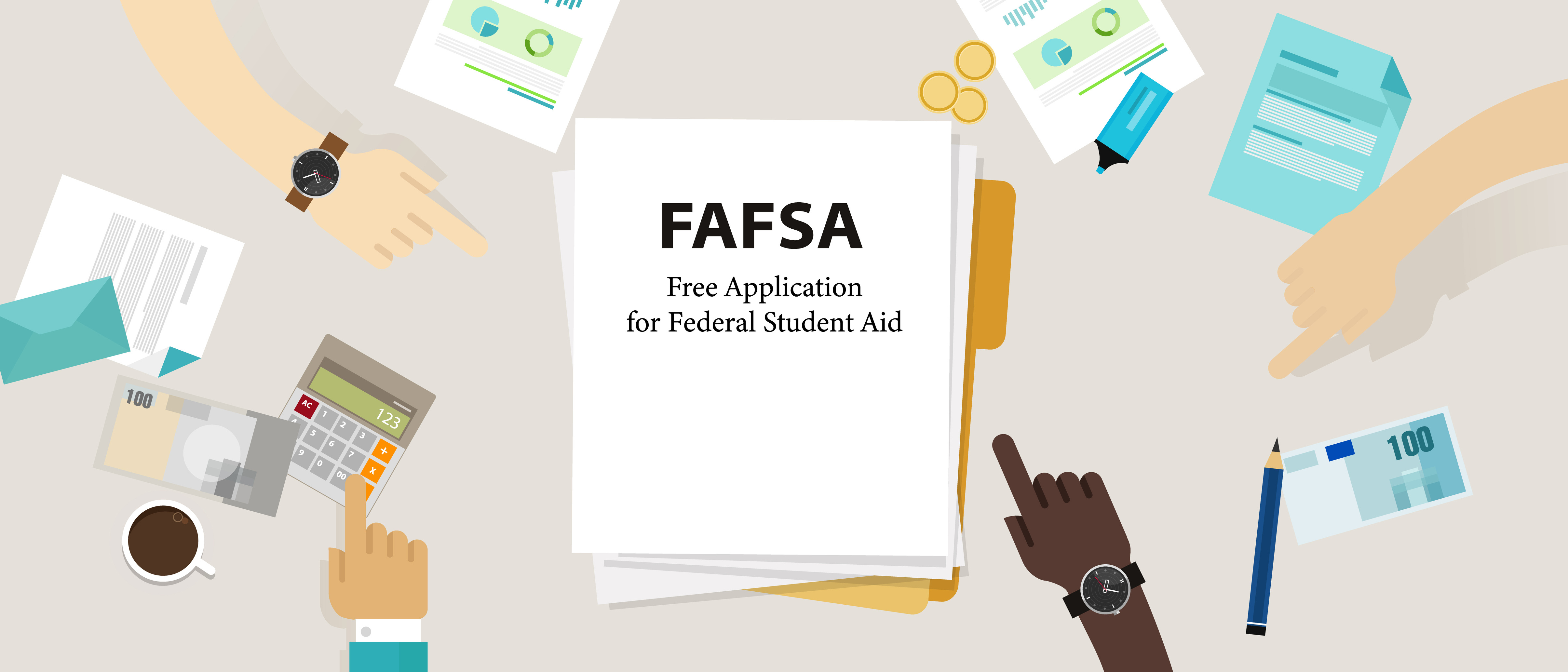Grants & Scholarships
Often referred to as "gift aid" because it doesn't have to be repaid, grants and scholarships can come from the federal government, state government, college/university, or private organization. Almost all of the grants listed below are based off of financial need. You must fill out the FAFSA every year in order to remain eligible to receive federal student aid.
- Federal Pell Grant
- Federal Supplemental Educational Opportunity Grants (FSEOG)
- Teacher Education Assistance for College and Higher Education (TEACH) Grants
Many myths continue to prevent students from pursuing their chance at receiving free money. It is not true that only student athletes, low-income students, and brainiacs can apply for and get scholarships! There are many programs that give out money that have different eligibility requirements. Some schools require the FAFSA for when awarding institutional scholarships. After filing the FAFSA you can also apply for private scholarships, many of which are based on need. Finding scholarships that you qualify for is time-consuming but the reward can make it a very good investment of time. The more scholarships you apply for, the better your odds!
Check out more myths; don't be fooled: Scholarship Myths
Loans
If you apply for financial aid, you may be offered federal student and/or parent loans as part of your school’s financial aid offer. But beware - a loan is money you borrow and must pay back with interest. So be careful, as all student loans are not the same! Loans from the federal government often have low interest rates, but they may not be the lowest. Federal student loans may offer excellent benefits, but depending on your chosen career, you may not be able to take advantage of some of the benefits. Choose a loan from a lender that offers you the lowest interest rate along with benefits that apply to you (or may apply to you in the future). In addition to the federal government, other student loan lenders include State-based organizations (such as RISLA), banks, colleges and universities, and other financial institutions.
Shop before you sign! Before signing a loan agreement, compare the loan terms and benefits to choose the best one for you. Compare interest rates and fees (disclosed in one combined APR value), loan terms, alternative repayment options, loan forgiveness options, and other benefits. Except for the federal government, all lenders must provide you with a disclosure letting you know your monthly payment amount and how long you need to make those payments. Make sure you can afford the payments, or your credit score may be negatively impacted.
For more information on student loans, take a look at our Student Loan FAQ
Work-Study Jobs
Federal Work-Study provides part-time jobs for undergraduate and graduate students with financial need, allowing them to earn money to help pay education expenses. The program encourages community service work and work related to the student’s course of study.
- It provides part-time employment while you are enrolled in school
- It’s available to undergraduate, graduate, and professional students with financial need
- It’s available to full-time or part-time students
- It’s administered by schools participating in the Federal Work-Study Program
If you need helping filing the FAFSA book a one-on-one appointment with one of our college experts.



